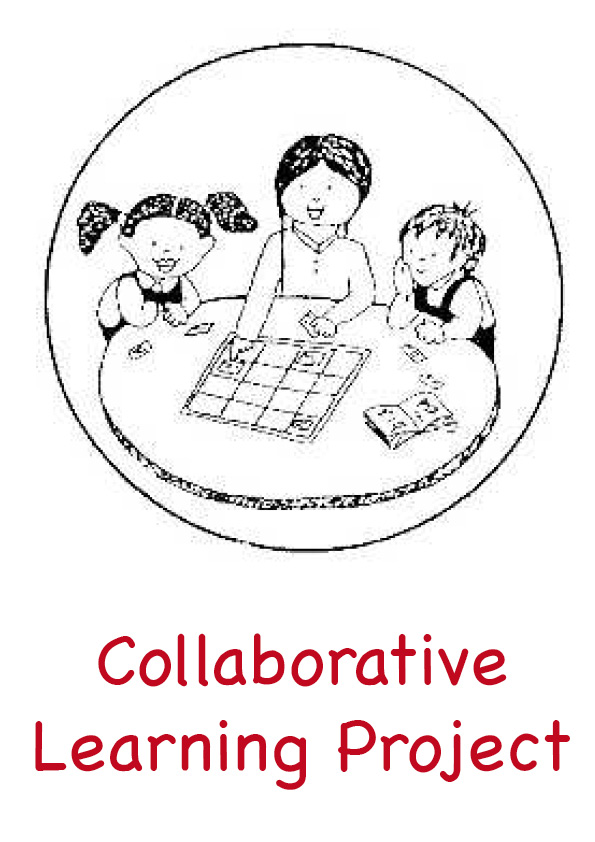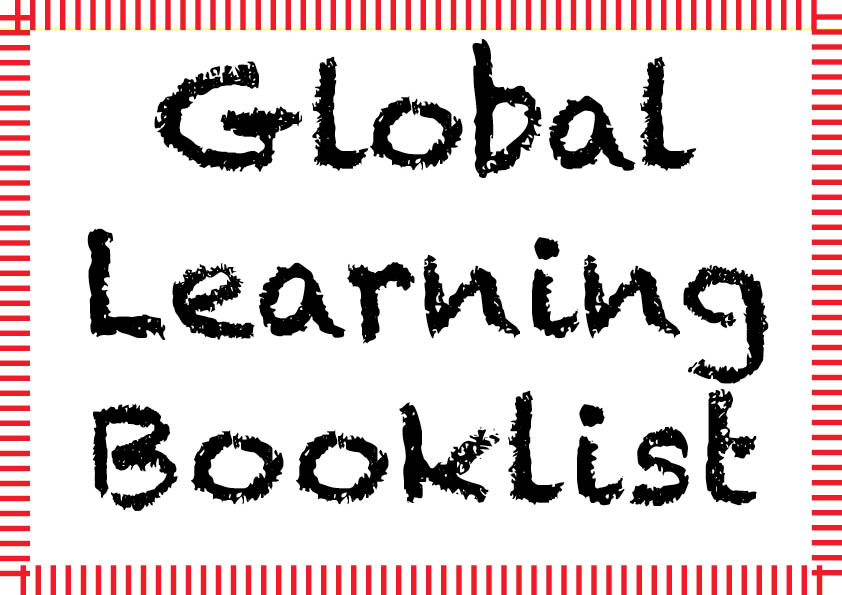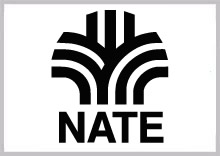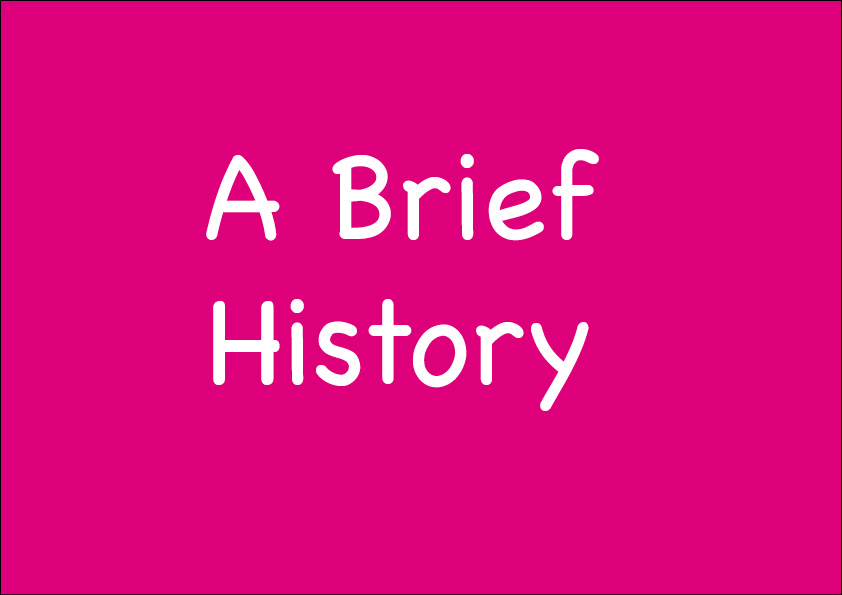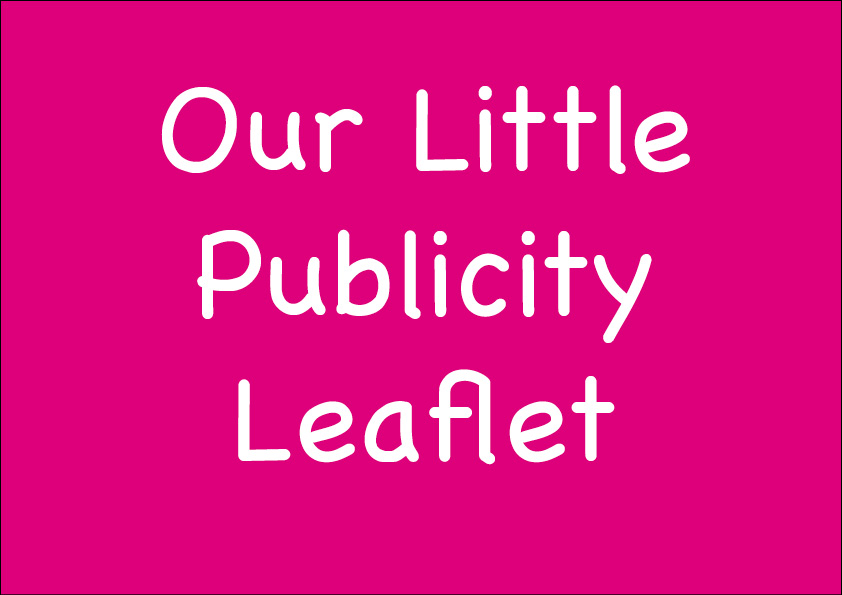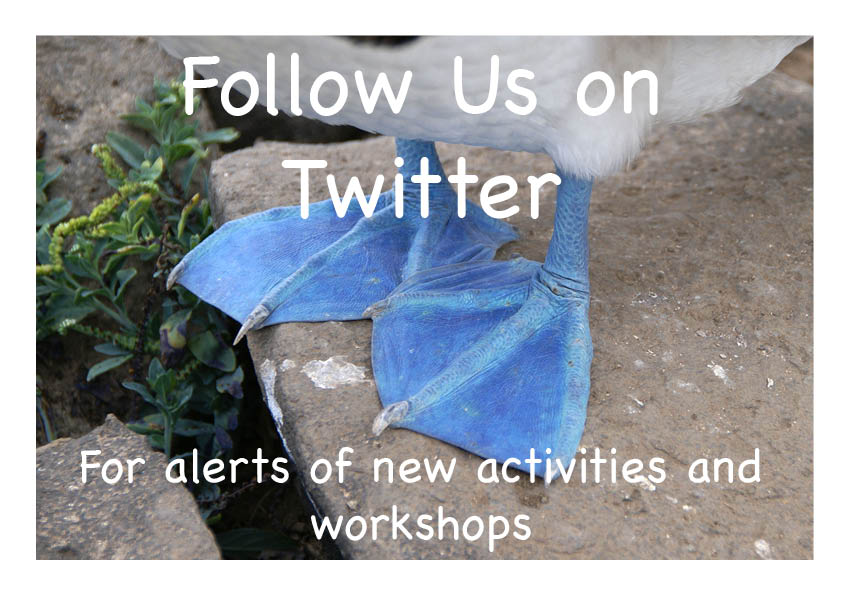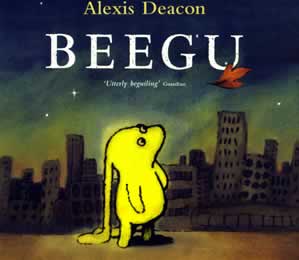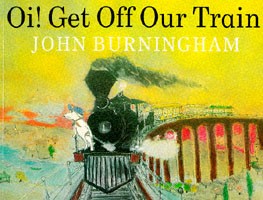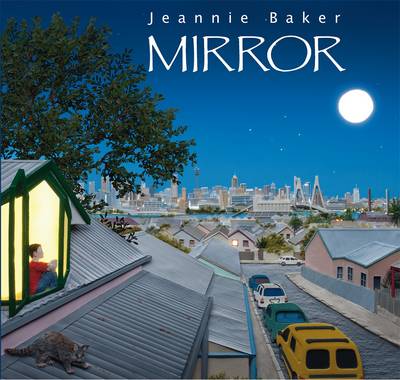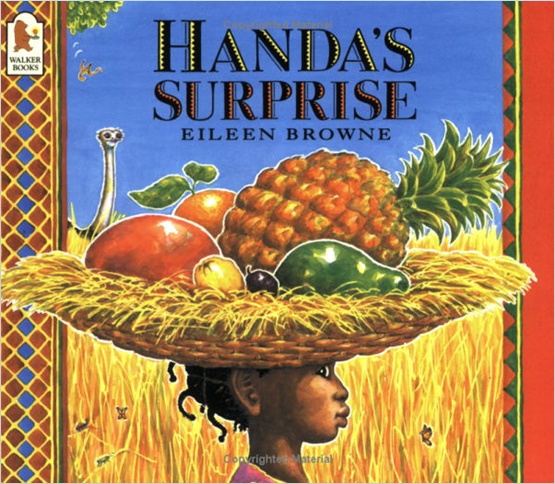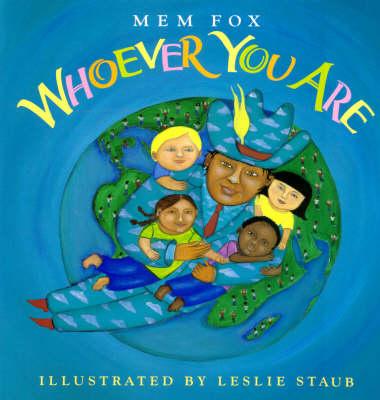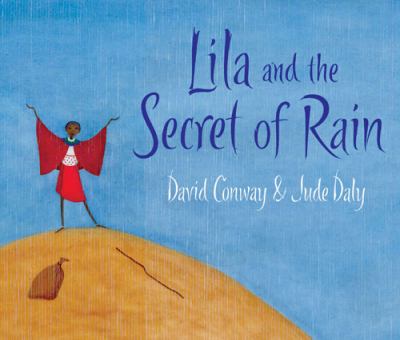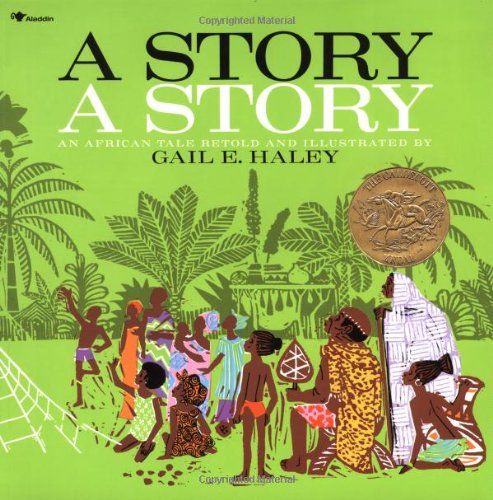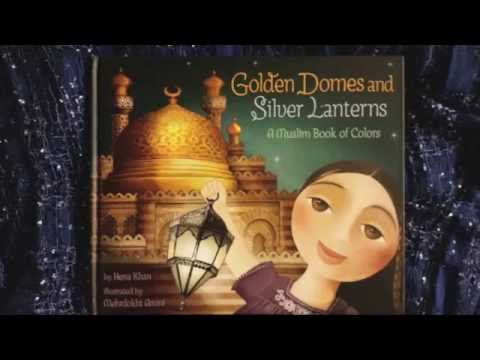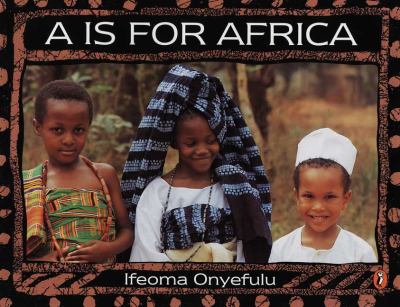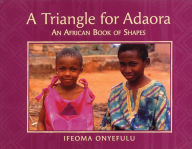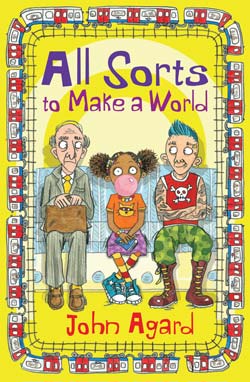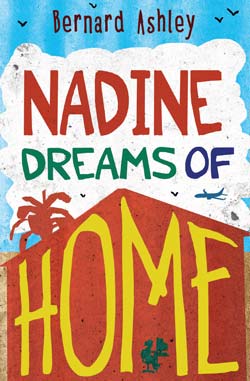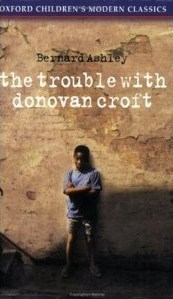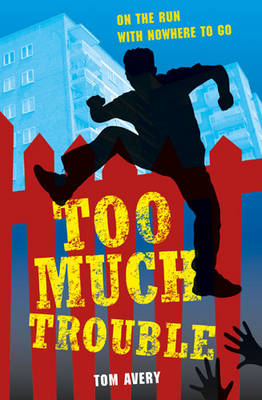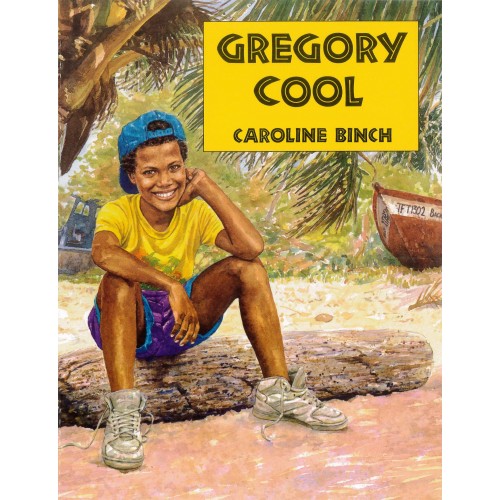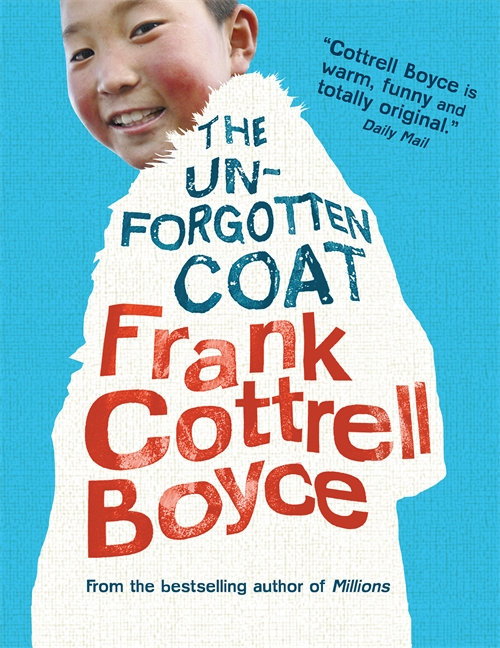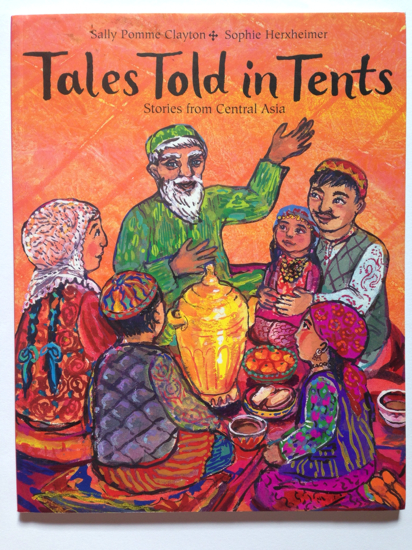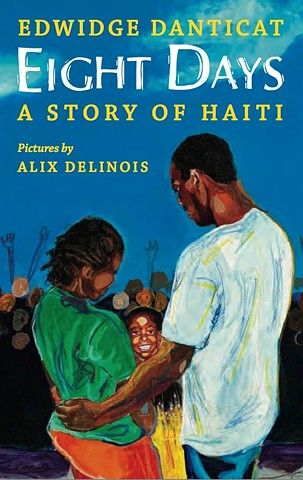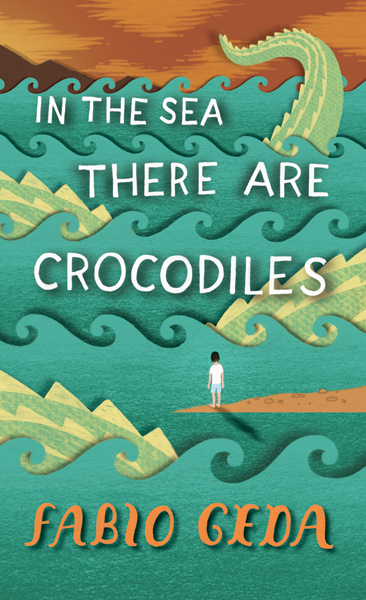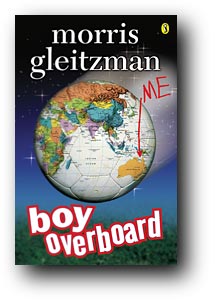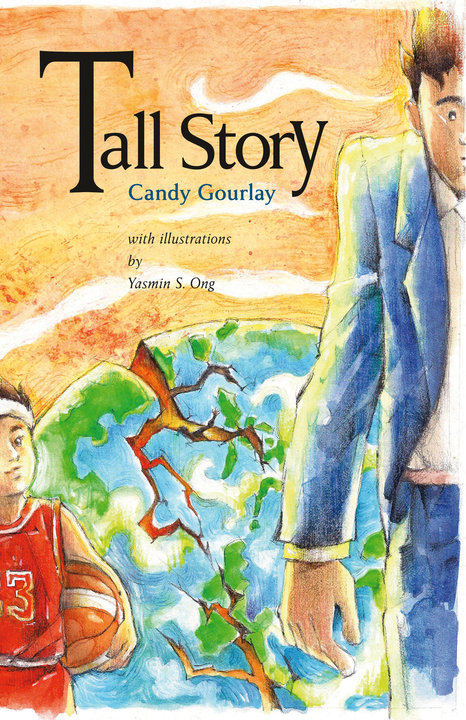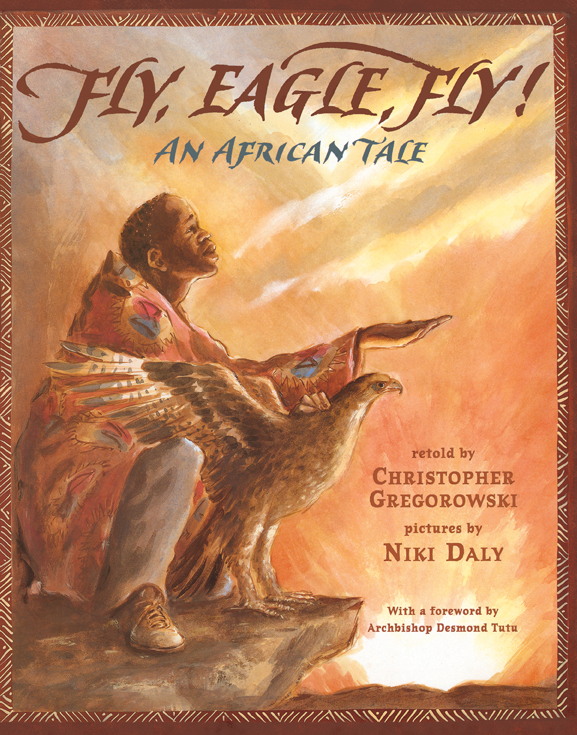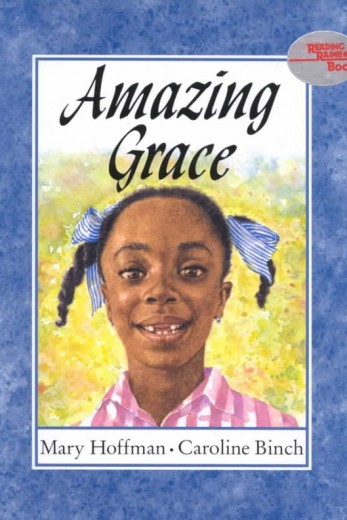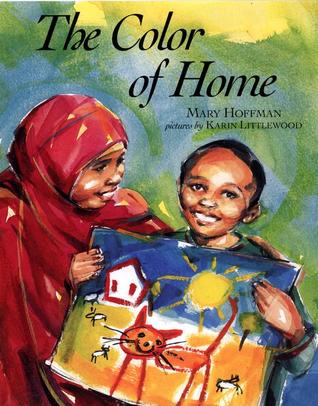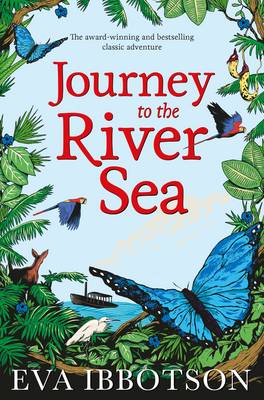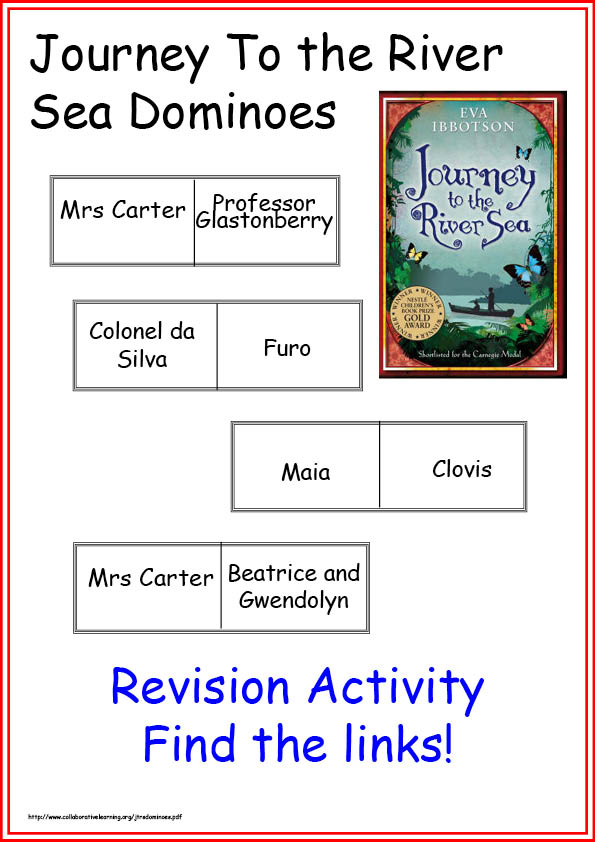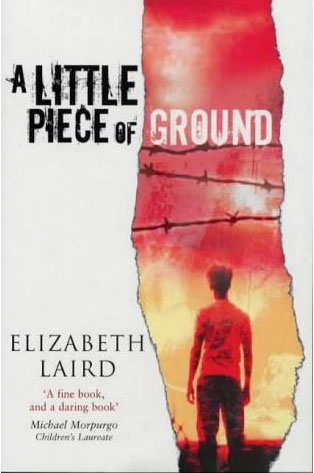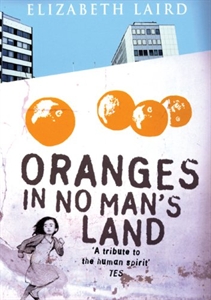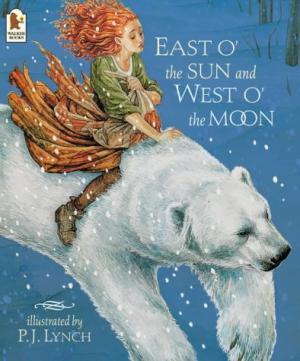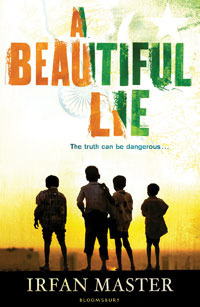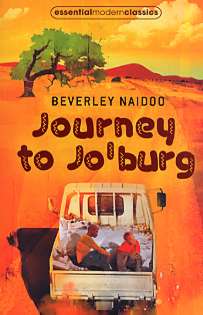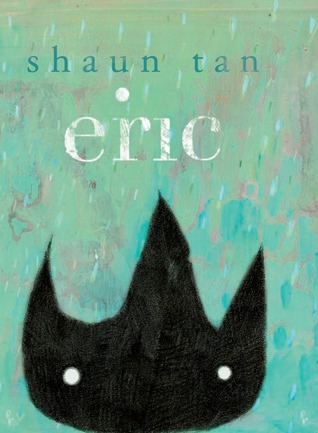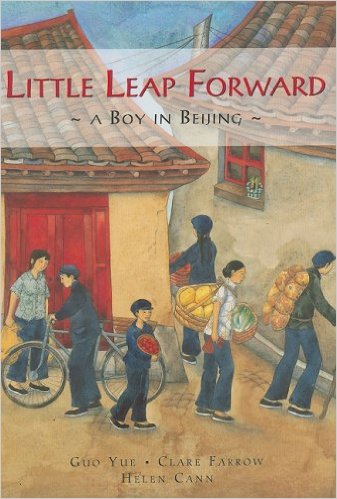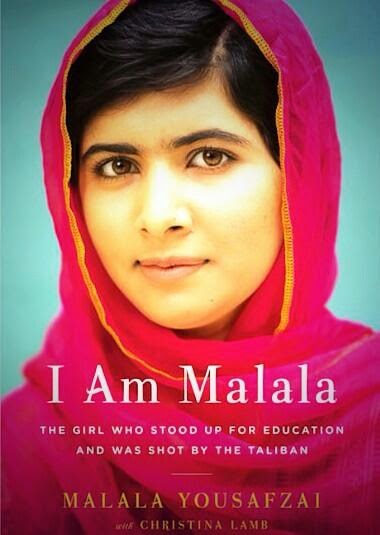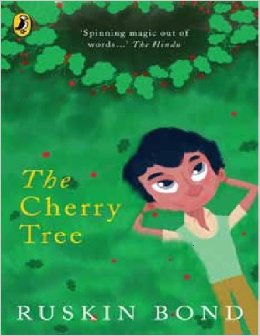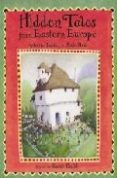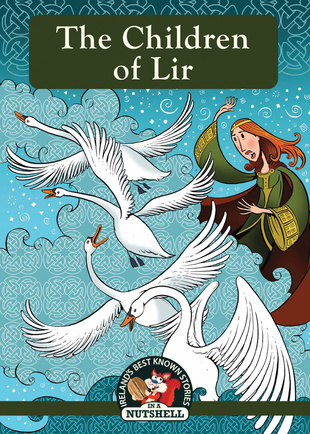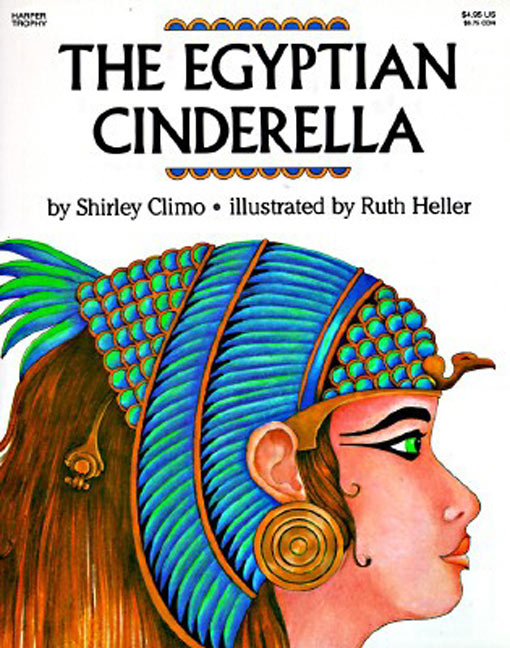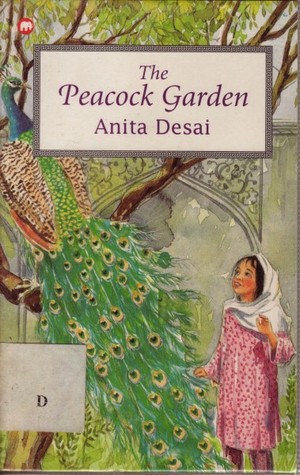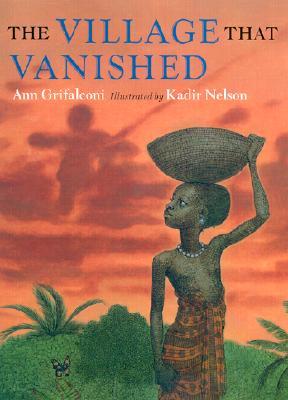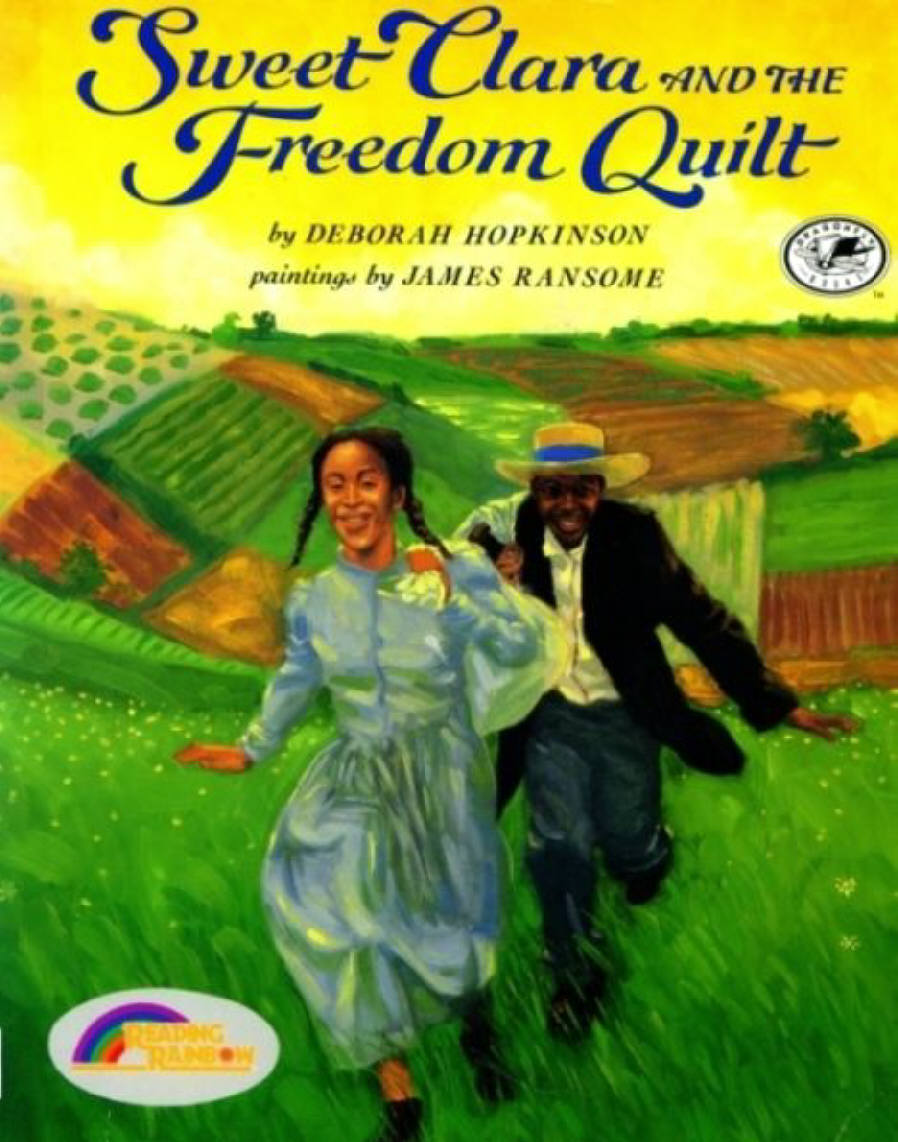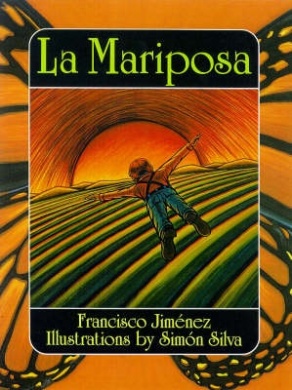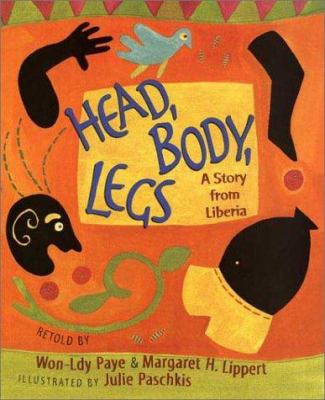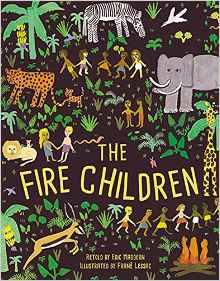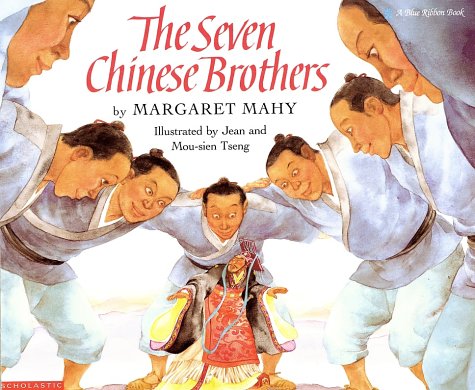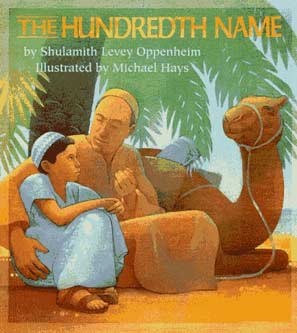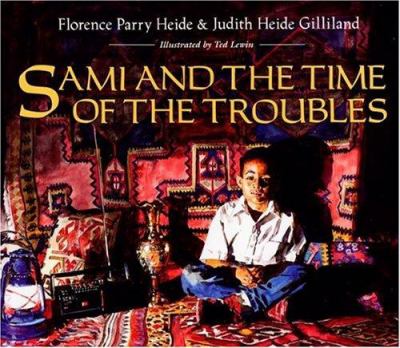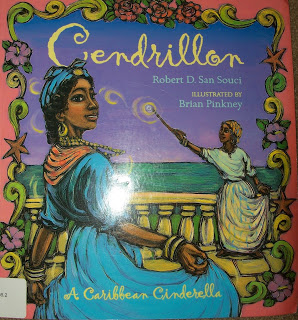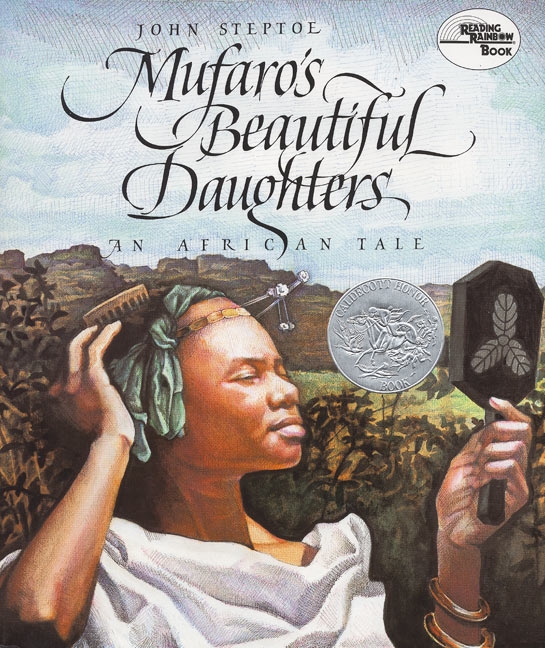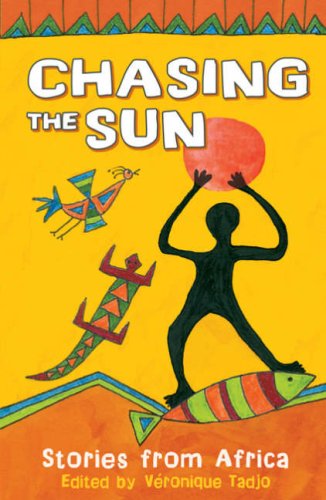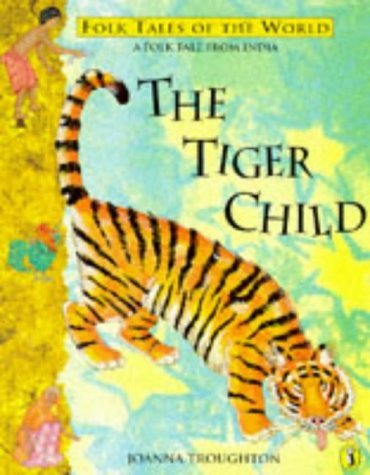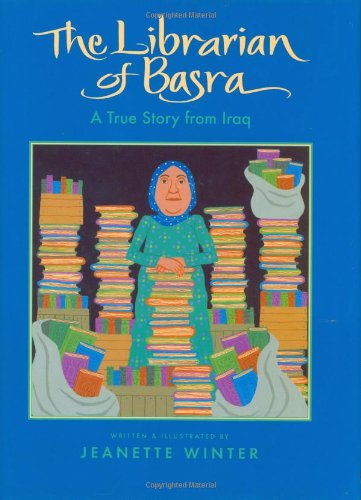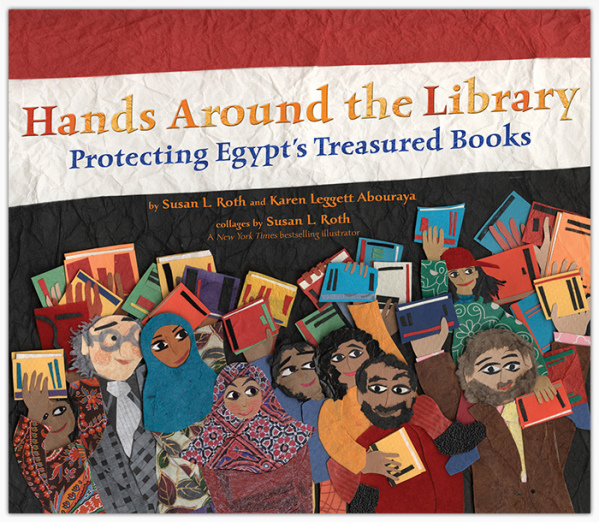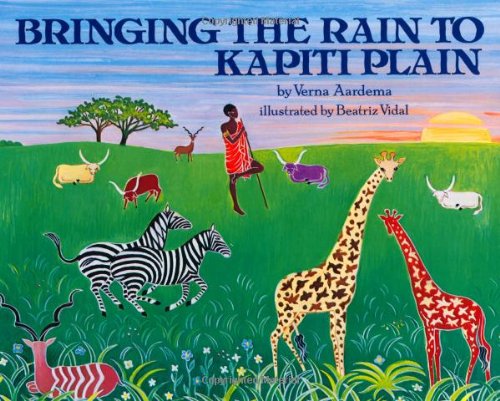
|
Bringing the Rain to Kapiti Plain by Verna Aardema, illustrated by Beatriz Vidal (Macmillan).
An enjoyable and beautifully illustrated story about how a herd boy in Kenya brings an end to a dreadful drought.
Kapiti Plain Dominoes |
|
All Sorts to Make A World by John Agard (Barrington Stoke)
A funny, quirky story about a range of diverse characters stuck on the tube together. (Particularly suitable for younger, reluctant or dyslexic readers aged 7+) |
|
Nadine Dreams of Home by Bernard Ashley, illustrated by Ollie Cuthbertson
A beautiful story which portrays the dreams, hopes and fears of Nadine, newly arrived in the UK from Goma in the Democratic Republic of the Congo. |
|
The Trouble With Donovan Croft by Bernard Ashley (Oxford University Press)
A story about Keith and his attempts to find out why his new foster-brother, Donovan, won’t speak to anybody. |
|
Too Much Trouble by Tom Avery (Frances Lincoln)
A fast-paced story about two brothers who struggle to make a life and a home on the streets of London after fleeing their native Africa. |
|
A Thief in the Village and other stories by James Berry (Puffin)
A collection of thought-provoking and inviting stories set in Jamaica by the wonderful James Berry. |
|
Gregory Cool by Caroline Binch (Frances Lincoln)
The well-loved story of Gregory who travels to Tobago to visit his grandparents and struggles to adjust to the very different way of life.
|
|
The Unforgotten Coat by Frank Cottrell Boyce (Walker)
A short, original and engaging novel in which Julie tries to help two Mongolian refugees who are struggling to fit into their new school in Liverpool. The mystery of why their friendship ends unexpectedly is the moving heart of the novel. |
|
Tales Told in Tents by Sally Pomme Clayton, illustrated by Sophie Herxheimer (Frances Lincoln)
A rich collection of travelling tales from countries in Central Asia including Afghanistan and Kazakhstan. |
|
Eight Days: A story of Haiti by Edwidge Danticat (Orchard Books)
The remarkable story of the memories and imagination which kept Junior alive for eight days while he was trapped beneath his house after the recent Haiti earthquake. |
|
In the Sea are Crocodiles by Fabio Geda (David Fickling Books)
Highly topical and relevant, this semi-autobiographical tale tells the story of a ten-year-old boy’s escape from Afghanistan and the five year odyssey which takes him through Pakistan, Iran, Turkey and Greece before he seeks political asylum in Italy. |
|
Boy Overboard by Morris Gleitzmann (Puffin)
A narrative which concerns an Afghan boy and his football-playing sister who dream of leading Australia to victory in the World Cup, a dangerous and lengthy voyage overseas ensues. An exciting and humorous tale with a topical focus. |
|
Tall Story by Candy Gourlay (David Fickling)
An original and humorous story about Andi, who is short and her long, lost enormous half-brother Bernardo who comes to England from the Philippines. |
|
Fly, Eagle, Fly by Christopher Gregorowski (Frances Lincoln), illustrated by Niki Daly
An African parable, originating in Ghana about recognising and fulfilling your potential. |
|
Amazing Grace by Mary Hoffman (Frances Lincoln)
The well-loved story of Grace, the girl who loved stories, and the power of the imagination to change lives. |
|
The Colour of Home – Mary Hoffman, (Frances Lincoln)
An optimistic and engaging story about a Somalian refugee child and how the sympathy and understanding of his classmates and teachers help him to make a new home. |
|
Journey to the River Sea – Eva Ibbotson (Macmillan)
An unusual adventure story about an orphaned girl living in London who is “adopted” by long-lost relatives in Brazil. The novel focuses on her preparations to live on the Amazon River and what it is actually like when she gets there. |
|
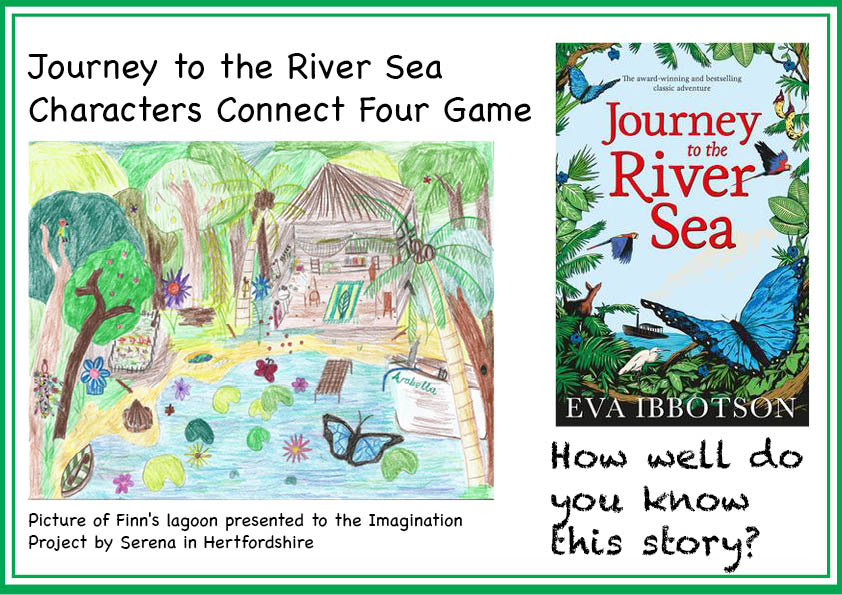 |
|
A Little Piece of Ground – Elizabeth Laird (Macmillan)
A story about a twelve year old boy and his family struggling to survive in Palestine. |
|
Oranges in No Man’s Land by Elizabeth Laird (Macmillan)
A story of courage and love set in war-torn Beirut. |
|
East o’ the Sun and West o’ the Moon by Naomi Lewis, illustrated by PJ Lynch (Walker)
A picture book retelling of a Norwegian fairy tale. |
|
A Beautiful Lie by Irfan Master (A and C Black)
A novel set in India in 1947 and focusing on Bilal who does all he can to protect his dying father from the devastating news that the country is to be partitioned. |
|
Journey to Jo’burg by Beverley Naidoo (Harper Collins)
A deeply affecting modern classic about a brother and sister searching for their mother in Apartheid South Africa. |
|
Eric by Shaun Tan (Templar)
A humorous story about a foreign exchange student who comes to live with a typical suburban Australian family. Cultural misunderstandings arise, beginning with Eric’s insistence on sleeping in the pantry rather than the specially prepared guest bedroom. |
|
Little Leap Forward by Guo You and Clare Farrow, illustrated by Helen Cann (Barefoot Books)
A semi-autobiographical tale about a boy who grew up in Beijing during Mao’s Cultural Revolution. |
|
I Am Malala by Malala Yousafzai and Patrick McCormick (Young Readers)
The truly inspirational story of the fourteen-year old Pakistani girl whose courage and commitment to every child’s right to an education really did make a difference. |
|
Bond, R, The Cherry Tree, Boyds Milk Press
A charming story set in India in which a little girl plants and cares for a cherry tree. About life and growth. (India) |
|
Barker, A, Hidden Tales from Eastern Europe, Frances Lincoln Books A collection of folk tales from Poland, Slovakia, Russia, Croatia, Serbia, Slovenia and Romania. (Poland, Slovakia, Russia, Croatia, Serbia, Slovenia and Romania) |
|
Ann Carroll, The Children of Lir, Poolbeg Press A wonderful Celtic folk tale retold with verve and poignancy. (Ireland) |
|
Climo, S, The Egyptian Cinderella, Harper Collins A re-telling of an ancient Egyptian version of Cinderella features Rhodopic, who is devastated when a falcon swoops down and steals one of her precious red slippers. (Egypt) |
|
Danticat, E., Eight Days: A story of Haiti, Orchard Books
The remarkable story of the memories and imagination that kept Junior alive for eight days while he was trapped beneath his house after an earthquake. (Haiti) |
|
Desai, A, The Peacock Garden, Mammoth Press Set in 1947, during the partition of India, this novel tells the story of Zumi, a young Muslim girl, caught up in the country’s turmoil who seeks refuge in the gardens of a mosque. (India) |
|
Fly Eagle Fly by Christopher Gregorowski
Illustrated by Niki Daly Published by Frances Lincoln
An African parable originating in Ghana about recognising and fulfilling your potential. (Ghana) |
|
Grifalconi, A, K Nelson (ill) The Village that Vanished, Puffin The story of how the inhabitants of a West African village manage to fool the slave traders and avoid capture through the wisdom, courage and faith of three generations of women. (Africa) |
|
Hopkinson, D and Ransome, J Sweet Clara and the Freedom Quilt, Dragonfly books
In this story Clara uses the cloth in her scrap bag to make a map to escape from slavery through the Underground Railroad. (USA) |
|
Jiménez F and Simón Silva (ill) La Mariposa Diane Publishing This book based on the author’s own experiences as a child of Mexican migrant workers in California tells the story of Francisco who struggles in school because he can only speak Spanish. Developing his artistic skills, encouraged by his observation of a caterpillar, he slowly makes friends. Spanish words and phrases integrated into text. (USA)
|
|
Lippert, M, Head, Body, Legs, Macmillan
A vibrant and joyous re-telling of a traditional Liberian creation story (Liberia) |
|
Maddern, E and Lessac, F (ill), The Fire Children, Frances Lincoln
Maddern’s vivid text and Lessac’s wonderful illustrations combine to make this one of the most compelling of creation myths for young readers. (West Africa |
|
Mahy, M, The Seven Chinese Brothers, Scholastic
The seven Chinese brothers walk, talk and look alike but they all have supernatural gifts which they use to overpower a cruel emperor. (China) |
|
Openheim, S, The Hundredth Name, Boyds Mill Press
A warm and uplifting story of a bond between father and son depicts family, friendship and faith in a Middle Eastern village. (Egypt) |
|
Parry-Heide, F and Gilliland, J (ill), Sami and the Time of Troubles, HMH Books
A ten-year-old boy balances his life in war-torn Beirut. (Lebanon) |
|
Sans Souci, R D Pinkney, B (ill) Cendrillon: A Caribbean Cinderella, Simon and Schuster
A Creole variant of Cinderella set in the Caribbean narrated by the godmother who helps Cendrillon find true love. (Caribbean) |
|
Steptoe, J, Mufaro’s Beautiful Daughters, Harper Collins
This award-winning version of Cinderella will introduce children to the fairy tale as well as to the history, culture and geography of Zimbabwe. (Zimbabwe) |
|
Tadjo, V, Chasing the Sun: Stories from Africa, A and C Black
A collection of short stories, both traditional and modern from across Africa. (Africa)
|
|
Troughton, J, The Tiger Child, Puffin
A lively folk tale from India which explains why tigers eat their food uncooked and why cats live with people. (India) |
|
Winter, J The Librarian of Basra, Harcourt Children’s Books
The true story of a librarian’s struggle to save her community’s priceless collection of books. (Iraq) |
|
Yep, L and Wang, S (ill) The Magic Paintbrush, Harper Collins
A short novel set in San Francisco that draws on a folk tale about a paintbrush that brings scenes to life. (USA) |
|
Karen Leggett Abouraya and Susan L. RothHands
Hands around the Library; |
Key Stage2-
Year 3 or 4
-
A collection of folk tales from Poland, Slovakia, Russia, Croatia, Serbia, Slovenia and Romania. (Poland, Slovakia, Russia, Croatia, Serbia, Slovenia and Romania)
A charming story set in India in which a little girl plants and cares for a cherry tree. About life and growth. (India)
Ann Carroll, The Children of Lir, Poolbeg Press
A wonderful Celtic folk tale retold with verve and poignancy. (Ireland)
A re-telling of an ancient Egyptian version of Cinderella features Rhodopic, who is devastated when a falcon swoops down and steals one of her precious red slippers. (Egypt)
The remarkable story of the memories and imagination that kept Junior alive for eight days while he was trapped beneath his house after an earthquake. (Haiti)
Set in 1947, during the partition of India, this novel tells the story of Zumi, a young Muslim girl, caught up in the country’s turmoil who seeks refuge in the gardens of a mosque. (India)
-
Dyer, Vuong, L and Mai, Vo-Dinh, The Brocaded Slipper and Other Vietnamese Folk Tales, Harper Collins
A Vietnamese version of Cinderella and four other Vietnamese Folk tales. (Vietnam)
This book, a winner of the Kate Greenaway Award, tells and illustrates the story of the author’s wartime experiences in the countryside. (England)
A beautifully illustrated re-telling of a Native American creation myth. (America)
Three enchanting stories of brave, wise and devoted princesses. (India)
An African parable originating in Ghana about recognising and fulfilling your potential. (Ghana)
The story of how the inhabitants of a West African village manage to fool the slave traders and avoid capture through the wisdom, courage and faith of three generations of women. (Africa)
-
-
Hopkinson, D and Ransome, J (ill), Sweet Clara and the Freedom Quilt, Dragonfly books
In this story Clara uses the cloth in her scrap bag to make a map to escape from slavery through the Underground Railroad. (USA)
This book based on the author’s own experiences as a child of Mexican migrant workers in California tells the story of Francisco who struggles in school because he can only speak Spanish. Developing his artistic skills, encouraged by his observation of a caterpillar, he slowly makes friends. Spanish words and phrases integrated into text. (USA)
-
Lippert, M, Head, Body, Legs, Macmillan
A vibrant and joyous re-telling of a traditional Liberian creation story (Liberia)
-
Maddern, E and Lessac, F (ill), The Fire Children, Frances Lincoln
Maddern’s vivid text and Lessac’s wonderful illustrations combine to make this one of the most compelling of creation myths for young readers. (West Africa)
The seven Chinese brothers walk, talk and look alike but they all have supernatural gifts which they use to overpower a cruel emperor. (China)
A warm and uplifting story of a bond between father and son depicts family, friendship and faith in a Middle Eastern village. (Egypt)
-
Parry-Heide, F and Gilliland, J (ill), Sami and the Time of Troubles, HMH Books
A ten-year-old boy balances his life in war-torn Beirut. (Lebanon)
A Creole variant of Cinderella set in the Caribbean narrated by the godmother who helps Cendrillon find true love. (Caribbean)
This award-winning version of Cinderella will introduce children to the fairy tale as well as to the history, culture and geography of Zimbabwe. (Zimbabwe)
A collection of short stories, both traditional and modern from across Africa. (Africa)
A lively folk tale from India which explains why tigers eat their food uncooked and why cats live with people. (India)
The true story of a librarian’s struggle to save her community’s priceless collection of books. (Iraq)
A short novel set in San Francisco that draws on a folk tale about a paintbrush that brings scenes to life. (USA)
KS1
Mirror Mirror: Jeanie Baker
Handa's Surprise: Eileen Browne
Whoever You Are: Mem Fox
Lila and the Secret of the Rain: David Conway
A Story, a Story: Gail E Haley
Golden Domes and Silver Lanterns: Hena Khan and Mehrdokht Amini
A is for Africa: Ifeoma Onyefulu
A Triangle for Adora: Ifeoma Onyefulu
Ks2
Hands around the Library; Karen Leggett Abouraya and Susan L. Roth
Theresa Heine and Judith Gueyfier: Chandras Magic Light
Floella Benjamin: Coming to England
David J Smith and Shelagh Armstrong If the World Were a Village
Martin Jenkins and Vicky White: Can we save the tiger?
�
|
